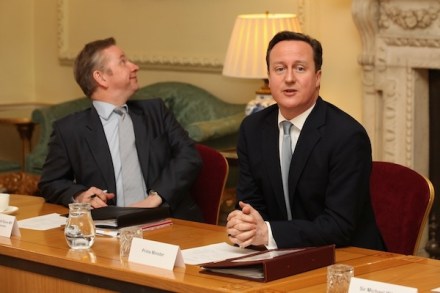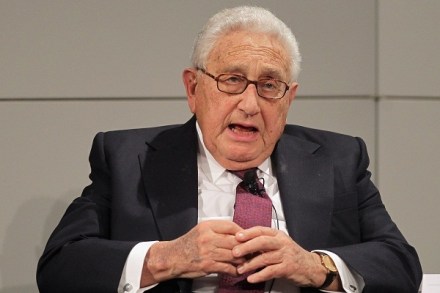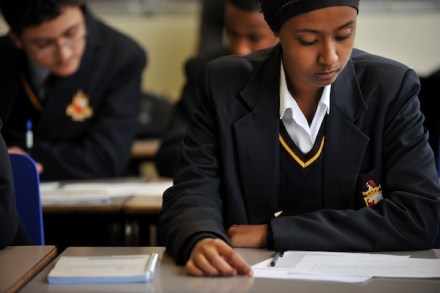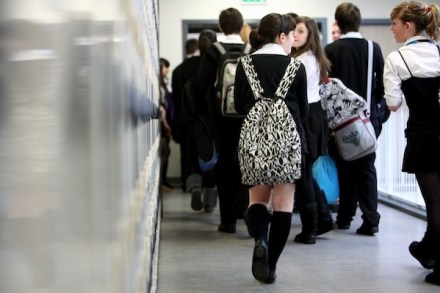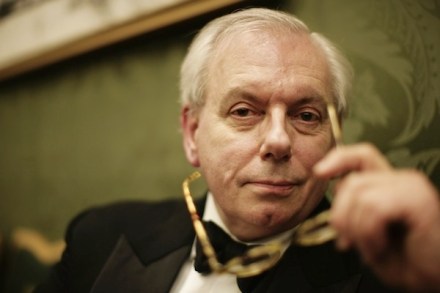Twigg takes aim at Gove on school playing fields
The Olympics may be over, but the political row over school sports fields is set to rumble on into the autumn. Stephen Twigg today announced that Labour will force a vote on the matter when the Commons returns in September. His motion will demand that the government restore a minimum space requirement for outdoor space in schools. It does take some chutzpah for Twigg to launch this attack, given Labour managed to approve the sale of 42 playing fields in just one year, which is twice the number sold off since the coalition came to power. The Education department insists that of the 21 that have been signed off for



